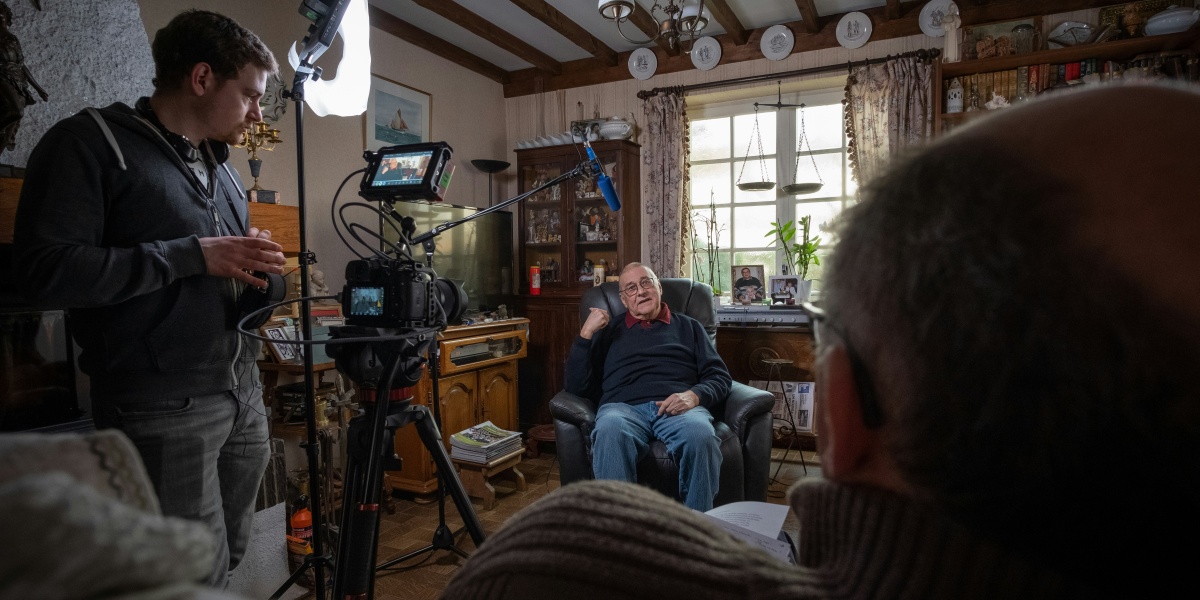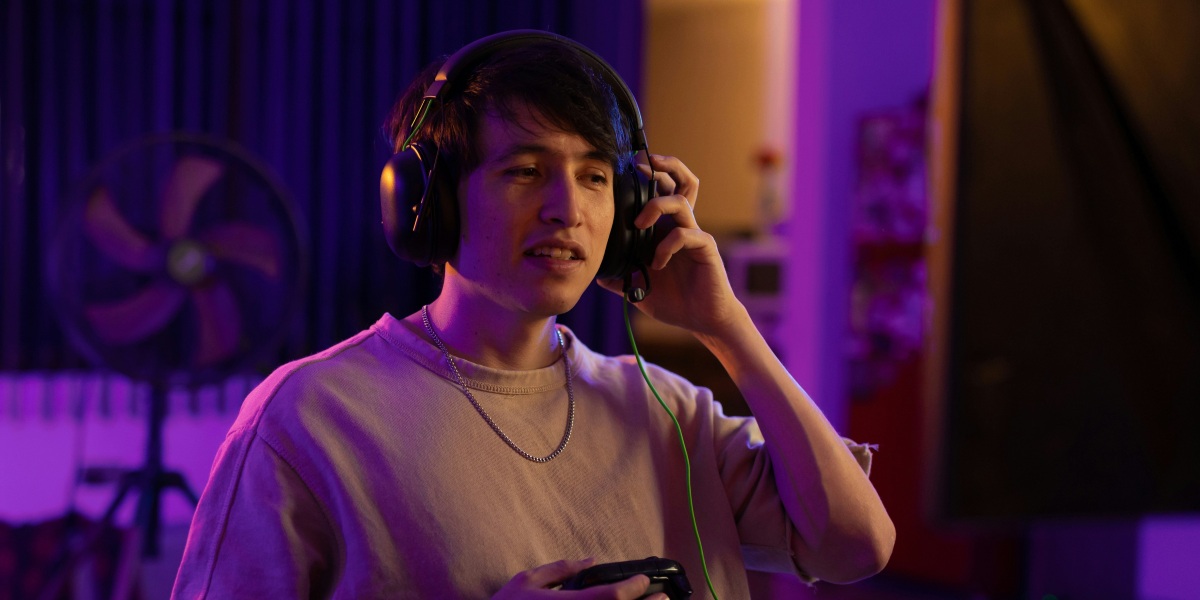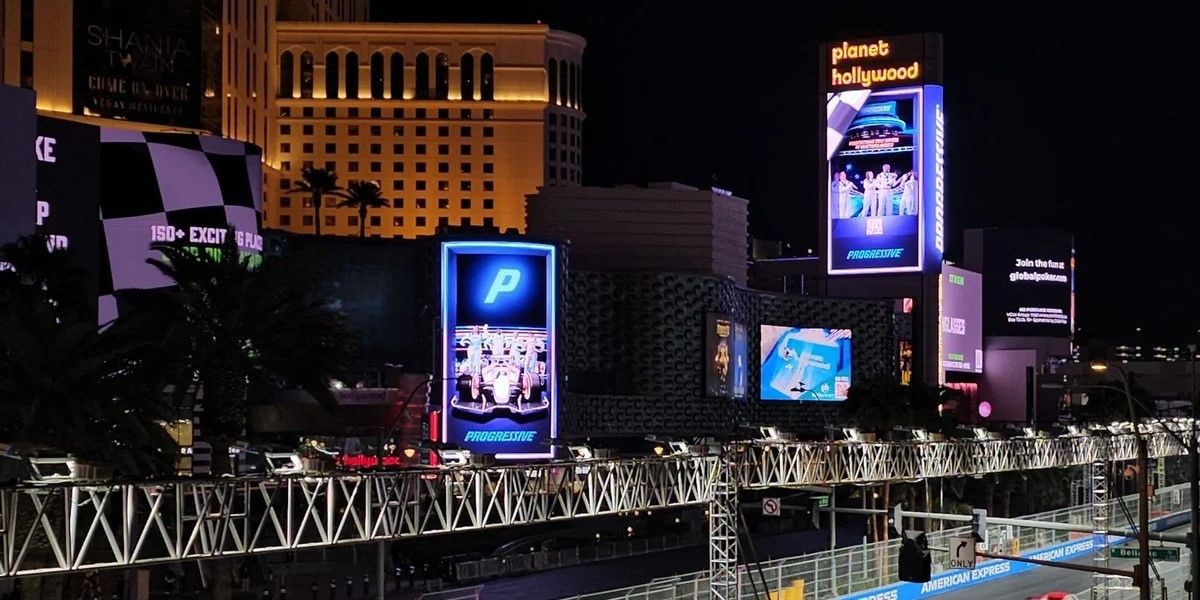Short-form documentaries led by brand founders have become a preferred method of storytelling across retail, digital, and experiential platforms. These videos typically range from five to fifteen minutes and focus on the personal journey behind a business, offering viewers a behind-the-scenes look at the motivations, challenges, and values that shape a brand. The format is gaining traction due to its ability to build trust, convey authenticity, and connect with audiences across generational and cultural lines.
Why Founder Stories Are Gaining Attention
Consumers are showing greater interest in the people behind the products they buy. This shift reflects a broader desire for transparency and emotional connection in brand communication. Founder-led mini documentaries respond to this demand by offering unscripted, personal narratives that highlight the human side of entrepreneurship.
According to Brick Studios, short documentaries are preferred by both creators and viewers because they maintain attention while delivering meaningful content. These videos often feature a three-act structure, beginning with the founder’s motivation, followed by the challenges faced, and ending with reflections or future goals. This format allows audiences to understand the brand’s origin without requiring a long time commitment.
Streaming platforms and social media have made it easier to distribute these stories. Brands can share them across multiple channels, including Instagram, YouTube, and TikTok, where short-form video content performs well. The accessibility and shareability of these documentaries contribute to their growing popularity.
Emotional Engagement and Viewer Trust
Mini documentaries led by founders tend to generate higher emotional engagement than traditional advertisements. Viewers respond positively to vulnerability, honesty, and personal reflection. These elements help reduce skepticism and build trust, especially in sectors where product claims are scrutinized.
Research from Stock Stop Media shows that documentaries outperform other genres in emotional engagement and long-term viewer retention. The format’s success is attributed to its focus on truth-based storytelling and its ability to spark social dialogue. Brands that use this approach often see increased loyalty and word-of-mouth referrals.
The emotional tone of these documentaries varies. Some founders share stories of hardship, such as overcoming financial barriers or personal loss. Others focus on creative inspiration or community impact. Regardless of the theme, the consistent factor is the presence of a real person speaking directly to the audience.
Production Techniques and Aesthetic Choices
The production style of founder-led documentaries often leans toward lo-fi aesthetics. Natural lighting, handheld cameras, and ambient sound are used to create a sense of realism. This approach contrasts with polished commercial videos and aligns with audience preferences for authenticity.
Observation-style filming, sometimes called “fly-on-the-wall,” is common. This technique captures events as they unfold without interference, allowing viewers to witness the founder’s process in real time. Interviews are often interspersed to provide context and fill narrative gaps.
Editing choices also influence viewer perception. Jump cuts, archival footage, and voiceovers are used to maintain pacing and reinforce key messages. End frames may include updates or reflections, helping audiences feel a sense of closure and reward for their attention.
As noted by Brick Studios, short documentaries benefit from clear messaging and early emotional hooks. Filmmakers are advised to establish the story’s purpose within the first few minutes to retain viewer interest.
Distribution Channels and Audience Reach
Founder-led mini documentaries are distributed across a range of platforms. Social media remains the most accessible channel, with Instagram Reels, TikTok, and YouTube Shorts offering high visibility. These platforms favor short-form content and allow for direct audience interaction through comments and shares.
Streaming services such as Netflix and Amazon Prime have also invested in documentary content. While most founder-led stories appear on brand-owned channels, some are picked up by larger platforms for their cultural relevance or storytelling quality. According to Stock Stop Media, Netflix earned six Peabody Awards in 2025 for its documentary work, highlighting the genre’s growing influence.
Offline distribution is also possible. Retail pop-ups, trade shows, and community events often feature mini documentaries as part of the brand experience. These screenings help contextualize products and deepen consumer engagement.
Ethical Considerations and Viewer Expectations
As founder-led documentaries become more common, audiences are developing expectations around transparency and ethical storytelling. Viewers expect the stories to be truthful, respectful, and free from manipulation. Misrepresentation or exaggeration can damage credibility and lead to backlash.
Filmmakers and brand teams are advised to maintain editorial integrity. This includes accurate representation of events, clear disclosure of sponsorships, and respectful treatment of subjects. Ethical storytelling builds long-term trust and supports brand reputation.
The use of artificial intelligence in documentary production has raised questions about authenticity. While AI can assist with editing and scripting, it cannot replicate the emotional nuance of human storytelling. As noted by Stock Stop Media, AI is not considered a threat to documentary storytelling due to its limitations in emotional depth.
Cultural Relevance and Community Impact
Founder-led documentaries often reflect cultural values and community ties. Stories that highlight local entrepreneurship, heritage crafts, or social impact resonate with audiences seeking meaningful connections. These narratives contribute to civic pride and support regional identity.
Municipal grants and retail incubators sometimes support documentary production as part of community development initiatives. These programs recognize the role of storytelling in economic growth and cultural preservation.
Brands that engage with local communities through storytelling often see increased support and visibility. The format allows founders to share their journey while reinforcing shared values and goals.
Longevity and Strategic Value
Mini documentaries offer long-term value beyond initial release. They can be repurposed for press kits, investor presentations, and educational content. The format’s flexibility makes it suitable for various stages of brand development.
Founders who invest in storytelling build a foundation for future communication. As the brand grows, the original documentary serves as a reference point for new audiences and collaborators.
The strategic use of storytelling supports brand resilience. In times of economic uncertainty, emotional connection and trust become critical. Founder-led documentaries help maintain these qualities by reinforcing the human side of business.










